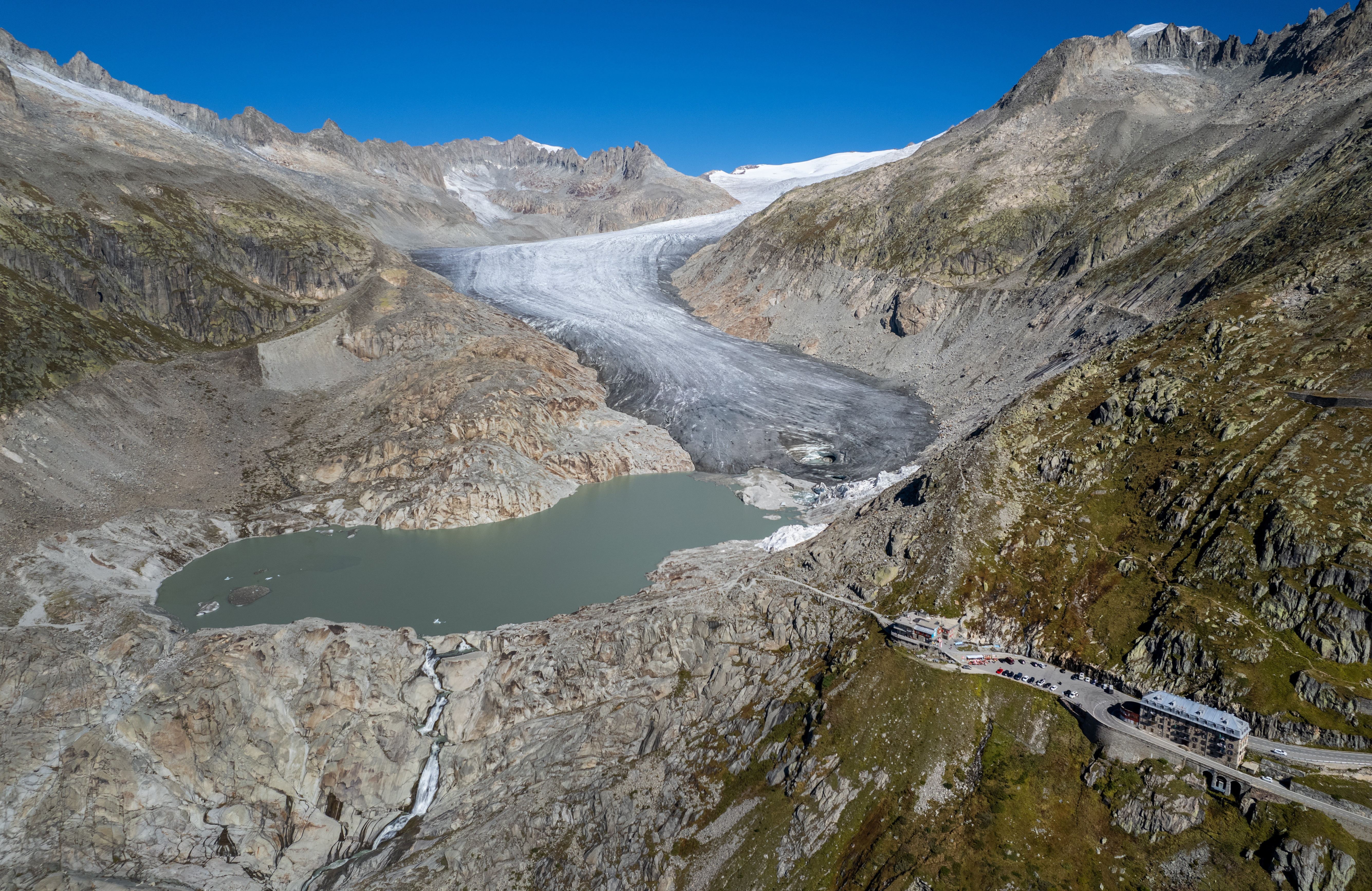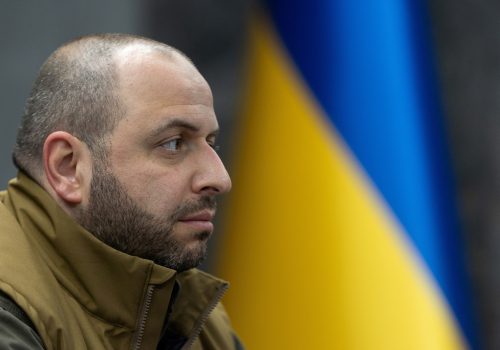The White House says a new advisory council composed of prominent Americans of African heritage aims at “enhancing dialogue between U.S. officials and the African diaspora” — a key focus of President Joe Biden’s partnership-focused revamped Africa strategy.
The initiative coincides with a steady, two-decade rise in immigration from the continent that will have a significant demographic impact in coming decades.
The 12 members of the volunteer council — called the President’s Advisory Council on African Diaspora Engagement in the United States — were chosen from more than 100 “exceptional” applications and recommendations, said Johnnie Carson, a longtime Africa diplomat who serves as Biden’s special representative to oversee the implementation of the 2022 U.S.-Africa Leaders Summit.
The council, whose quarterly meetings will be open to the public, is packed with business leaders but also includes artistic figures and a WNBA player.
Carson said it will advise the White House and State Department on how to “deepen the connections that exist between the U.S. and Africa in the business world, in the financial world, in the sporting world, in the creative world, and to stress and bring to the attention of American policymakers issues of concern to the diaspora community.”
Group includes clergy, artists, writers
The council members come from eight U.S. states and the capital, and have ties spanning the African continent.
Some members are U.S.-born, including council leader the Rev. Silvester Beaman, a bishop at the African Methodist Episcopal Church, and decorated artist, actress, producer and author Viola Davis.
Others were born on the continent, like Eritrea-born Almaz Negash, founder of the African Diaspora Network, and Congo-born Patrick Gaspard, the former U.S. ambassador to South Africa.
Gaspard, who now leads the Center for American Progress think tank, told VOA that his priorities on the council will be promoting two key programs soon up for congressional renewal: the trade-related African Growth and Opportunity Act and the President’s Emergency Plan for AIDS Relief (PEPFAR).
Both programs, started under President George W. Bush, have been credited with boosting trade and saving lives.
Other members, he said, bring different perspectives. He anticipates they will cover “everything from cultural ties, to economic ties to what we do together to solve for the big challenges. … We have the chance to turn that into opportunities.”
One in 10 Black Americans is a recent immigrant, according to the Pew Research Center, which projects that the nation’s Black immigrant population will account for roughly a third of the U.S. Black population’s growth through 2060.
And, said Cameroon-born analyst and writer Yaya Moussa, the large size of the African diaspora in the U.S. offers a “potential powerful role in the soft power competition.”
“These connections simply do not exist in China and Russia, America’s biggest strategic rivals in Africa,” writes Moussa. “African-Americans have been instrumental in shaping U.S. foreign policy toward Africa, and the U.S. government has begun to recognize the latent strength of its diaspora communities.”
‘There may be opportunities’
Oye Owolewa is among a small group of Africa-born immigrants who has risen within the American system: in 2020, the Nigeria-born pharmacist was elected as Washington, D.C.’s shadow representative in the House of Representatives. That position does not make him a voting member of Congress.
Owolewa, who is not on the diaspora council, offered his take:
“If it isn’t just a one-off, then I believe that there may be opportunities for people outside of the White House to also have their own collective impact and continue what we’re doing,” he told VOA.
His office has taken a particular interest in an issue that he believes uplifts residents of his constituency, of whom 13% are foreign-born and 45% are Black: That is teaching women- and minority-owned businesses how to apply for often-lucrative U.S. government contracts.
VOA pointed out that there are set-asides in government contracting regulations for those very kinds of businesses.
“That’s true,” he said. “But no one teaches these businesses how to get contracts. So our office has been doing that. Because if you roll out the money, but don’t teach those that fall between the cracks how to retrieve it, it’s the same few getting more opportunities.”
And that, Gaspard said, is what the council broadly aims to do, but on a larger scale.
“There really is a need to strengthen those ties, the umbilical cord that stretches from the continent to its diaspora,” he said.
“The diaspora is growing leaps and bounds in places like Detroit, certainly my hometown of New York, and you can’t go into a public institution in Washington, D.C. without encountering the African diaspora,” he said. “It’s now more important than ever for us to kind of more broadly socialize awareness of the disparate cultures, but that leads to real opportunities for partnership.”











